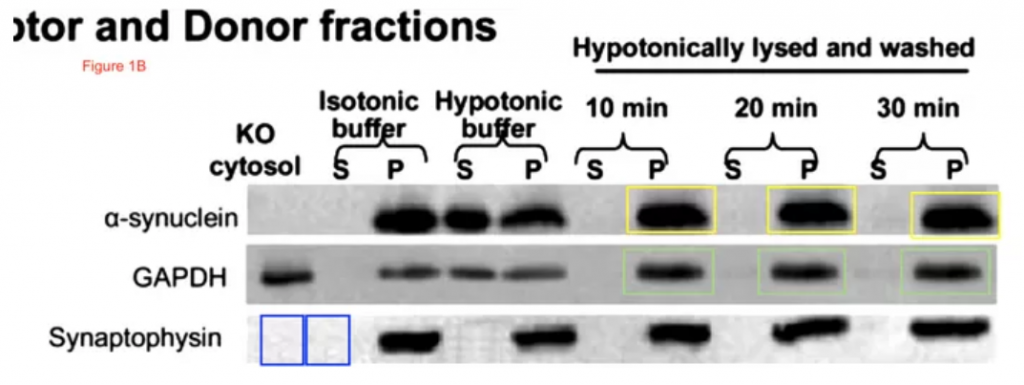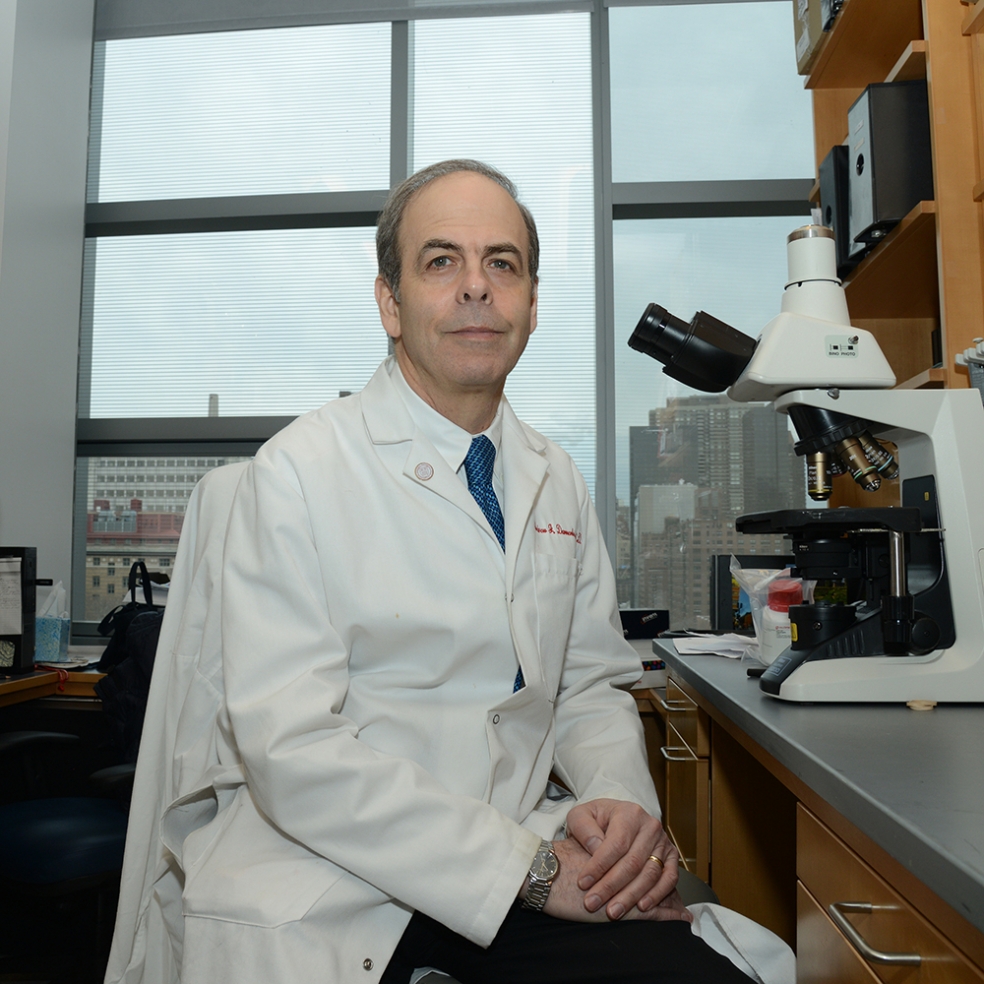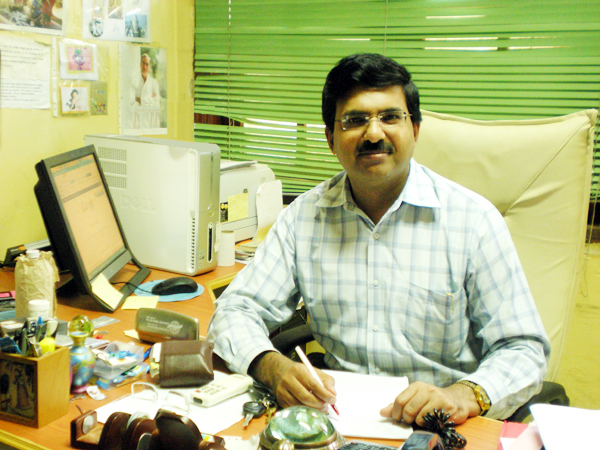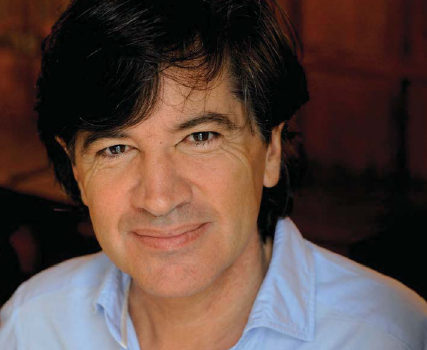
The Journal of Biological Chemistry has retracted two papers by a group from the University of Toronto over what the leader of the research says were “misguided efforts” by a co-author to make the perfect Western blot.
The retractions are among a batch of seven recent removals by the journal for image issues, some of which were flagged on PubPeer.
Two of the papers, which date back to 2004, come from one group, two from another and two from a third. The seventh is a stand-alone for a group with a history of problematic articles.
Continue reading Author says ‘misguided efforts for the ideal western blot led to the withdrawal of these studies’







